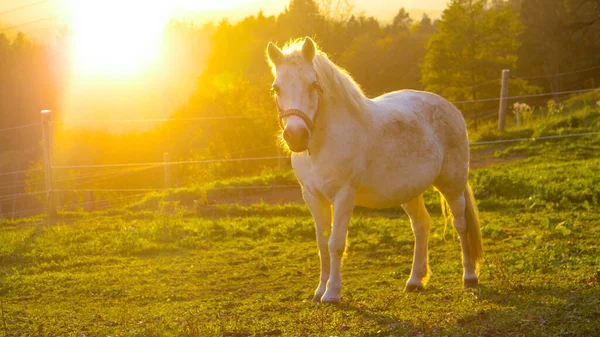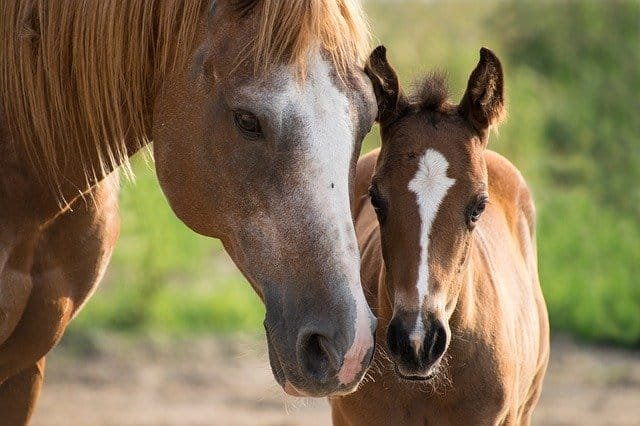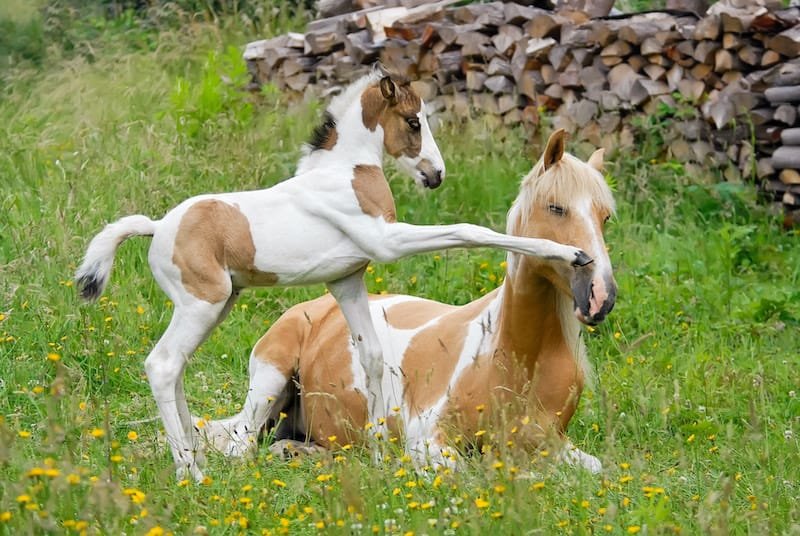When considering the perfect age for a horse, there’s a lot more to think about than just numbers.
Horse age can significantly impact a horse’s health, behavior, training, and even the type of activities they’re suited for. Whether you’re a first-time horse owner or an experienced equestrian, understanding the age of a horse can help you make informed decisions about care, training, and companionship.
The Lifespan of Horses
Horses generally live between 25 to 30 years, although some can live into their 40s with proper care. The lifespan can be influenced by various factors, including breed, genetics, diet, and overall health. Understanding how age correlates with a horse’s capabilities is essential for any horse enthusiast.
Age Categories
Young Horses (0-5 years)
In their early years, horses are typically full of energy and curiosity. This is a crucial developmental stage, where they learn social skills, groundwork, and basic training. Horses aged 2 to 3 are usually in the breaking-in stage, where they start to learn how to be ridden and handled.
Pros:
- Energetic and playful.
- Eager to learn new skills.
- Generally healthier and less prone to age-related issues.
Cons:
- May require more time and patience in training.
- Can be unpredictable due to their youth.
Middle-Aged Horses (6-15 years)
This is often considered the “sweet spot” for many horse owners. Horses in this age range are usually well-trained, settled in their behavior, and at their physical peak. They can participate in various activities, from competitive events to leisurely trail riding.
Pros:
- Experienced and usually well-trained.
- More physically capable than younger horses.
- Good balance of energy and maturity.
Cons:
- Depending on the horse, they may start showing signs of wear and tear, especially if they’ve had a rigorous training schedule.
Senior Horses (16+ years)

Senior horses can still be wonderful companions, but they often require special care. At this age, their energy levels may decline, and they may start to experience age-related health issues, such as arthritis or dental problems. However, many senior horses are still capable of light riding or other activities that keep them engaged.
Pros:
- Generally calm and experienced.
- Often have a strong bond with their owner.
- Require less intense training and handling.
Cons:
- May need special care and attention for health issues.
- Energy levels may not match those of younger horses.
Choosing the Right Age for You

When deciding what age horse is best for you, consider your experience level, lifestyle, and what you want to achieve with your horse.
- First-Time Owners: If you’re new to horse ownership, a middle-aged horse is often a good choice. They tend to be more predictable and trained, which can provide a more rewarding experience.
- Experienced Riders: If you’re skilled at training and handling, you might enjoy the challenge of a younger horse. This allows you to shape their training and personality from an early age.
- Leisure Riders: For those looking for a more relaxed companionship, a senior horse may be the ideal fit. They often enjoy leisurely rides and can provide comfort and companionship without the demands of intense training.
Health Considerations
Regardless of age, regular veterinary check-ups are essential. Older horses may require more frequent visits to manage age-related conditions. Proper nutrition is also crucial; senior horses may need special feeds that are easier to chew and digest.
Signs of Aging in Horses
- Dental Issues: Check for signs of difficulty chewing or weight loss.
- Joint Problems: Look for stiffness or limping, especially after exercise.
- Weight Changes: Maintaining a healthy weight is vital for all ages but particularly for seniors.
The “best” age for a horse really depends on your needs, preferences, and abilities. Whether you choose a lively young horse, a seasoned middle-aged companion, or a gentle senior, understanding the characteristics of each age group will help you find a perfect match.
Remember, a horse is a long-term commitment, and with the right care and attention, your equine friend can be a beloved companion for many years. Whether you’re galloping through fields or enjoying quiet moments in the barn, the joy of horse ownership is timeless.




